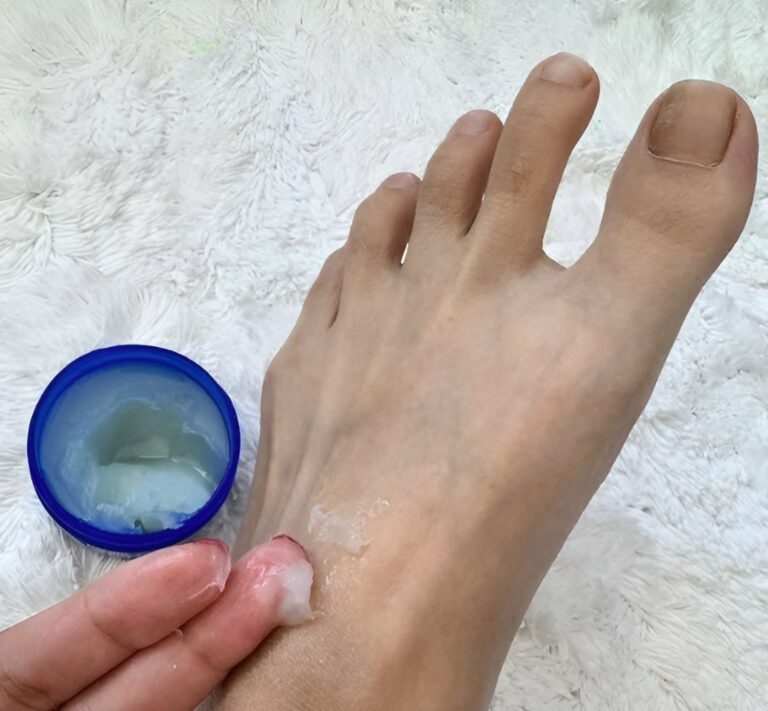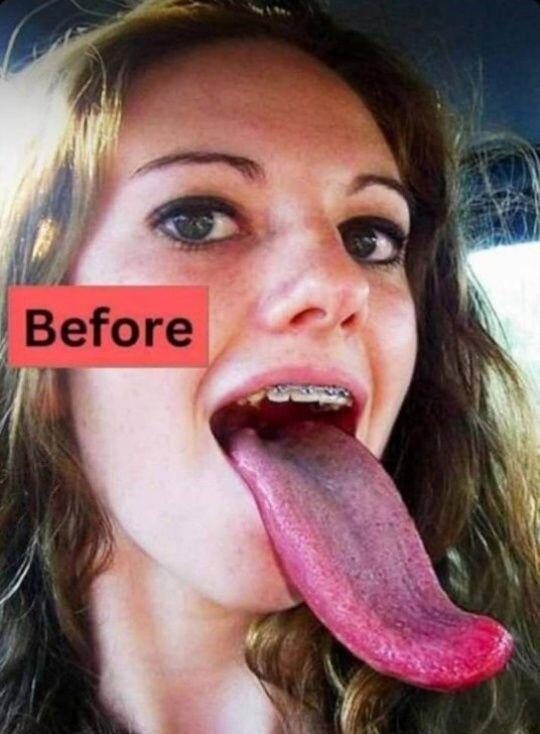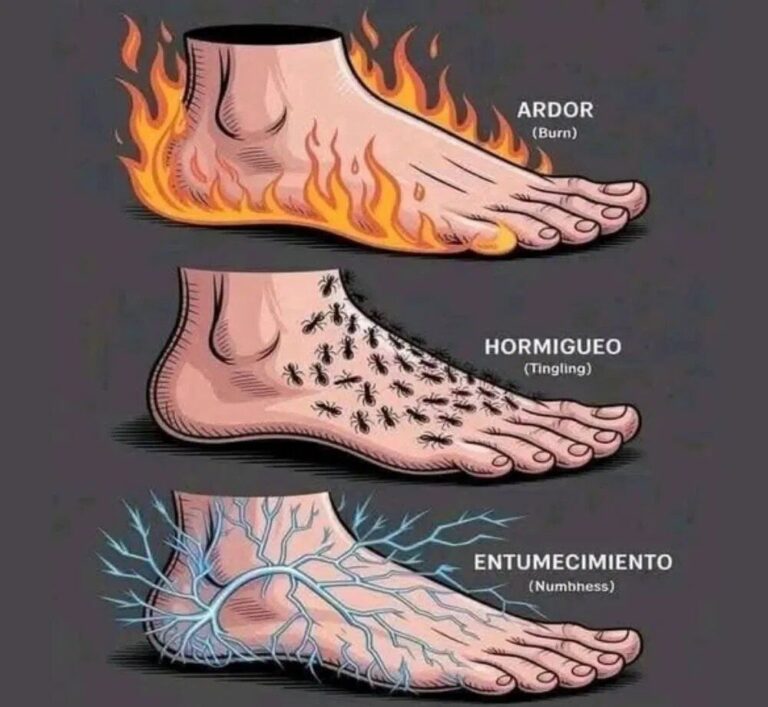Postpartum Changes, Celebrity Moms Embracing Their Bodies
Social media often tells a filtered story — especially when it comes to motherhood. Scroll through Instagram, and you’ll find countless celebrity moms flaunting their post-baby bodies just weeks after giving birth, smiling in bikinis or posing at the gym with barely a trace of pregnancy left behind. But behind those carefully curated posts lies a much different reality, one that deserves to be talked about more openly.
The truth is, postpartum recovery is a deeply personal, unpredictable, and often overwhelming experience. For most women, the journey doesn’t end once the baby arrives — in many ways, it’s only just beginning. The physical and emotional changes that occur after childbirth are profound. Stretch marks map the skin like lightning bolts, breasts swell and shift in shape, abdominal muscles weaken, and the body feels like unfamiliar territory. It’s a slow unfolding of transformation that doesn’t always come with a timeline or a promise of returning to what once was.
Many women are shocked by what happens to their bodies after giving birth. There are the changes that are visible — like loose skin, hair loss, weight fluctuations, and the scars of cesarean sections — but also the invisible ones: hormonal imbalances, pelvic floor issues, chronic fatigue, and emotional swings that range from elation to despair. These aren’t glamorous topics, and so they’re often pushed aside in favor of perfectly lit selfies and polished birth announcements.
The societal pressure to “bounce back” only adds to the burden. New moms are praised not for their strength or resilience, but for how quickly they can erase the physical evidence of pregnancy. They’re told to reclaim their bodies, to get back in shape, to tighten and tone — often before they’ve even had time to process the trauma, beauty, and complexity of childbirth itself. It’s no wonder so many women struggle with feelings of failure or shame during what should be one of the most meaningful chapters of their lives.
Social media often tells a filtered story — especially when it comes to motherhood. Scroll through Instagram, and you’ll find countless celebrity moms flaunting their post-baby bodies just weeks after giving birth, smiling in bikinis or posing at the gym with barely a trace of pregnancy left behind. But behind those carefully curated posts lies a much different reality, one that deserves to be talked about more openly.
The truth is, postpartum recovery is a deeply personal, unpredictable, and often overwhelming experience. For most women, the journey doesn’t end once the baby arrives — in many ways, it’s only just beginning. The physical and emotional changes that occur after childbirth are profound. Stretch marks map the skin like lightning bolts, breasts swell and shift in shape, abdominal muscles weaken, and the body feels like unfamiliar territory. It’s a slow unfolding of transformation that doesn’t always come with a timeline or a promise of returning to what once was.
Many women are shocked by what happens to their bodies after giving birth. There are the changes that are visible — like loose skin, hair loss, weight fluctuations, and the scars of cesarean sections — but also the invisible ones: hormonal imbalances, pelvic floor issues, chronic fatigue, and emotional swings that range from elation to despair. These aren’t glamorous topics, and so they’re often pushed aside in favor of perfectly lit selfies and polished birth announcements.
The societal pressure to “bounce back” only adds to the burden. New moms are praised not for their strength or resilience, but for how quickly they can erase the physical evidence of pregnancy. They’re told to reclaim their bodies, to get back in shape, to tighten and tone — often before they’ve even had time to process the trauma, beauty, and complexity of childbirth itself. It’s no wonder so many women struggle with feelings of failure or shame during what should be one of the most meaningful chapters of their lives.
We need to move beyond the toxic idea that a woman’s worth is tied to how quickly she can hide the evidence of giving life. We need to honor the process, not pressure the outcome. We need to lift each other up with empathy, not comparison.
Every stretch mark tells a story. Every scar is a reminder of endurance. Every tear shed in the quiet hours of the night is an act of love. There is nothing weak or broken about a body that has carried, birthed, and nourished new life.
To all the moms navigating postpartum changes — whether you’re feeling confident or struggling to recognize the person in the mirror — know this: you are not alone, you are not failing, and you are more than enough. Your body is not something to fix. It is something to thank.
In celebrating postpartum bodies in all their forms — not just the ones that match an influencer’s feed — we create a more compassionate, honest, and empowering space for mothers everywhere. This is the version of motherhood that matters. One rooted in truth, not trends. One that embraces every line, every curve, every mark of love and labor.
And that — not the airbrushed illusion — is the kind of beauty we should aspire to celebrate.





